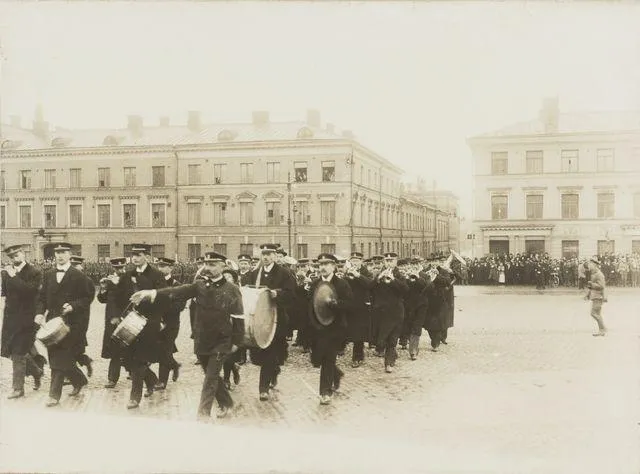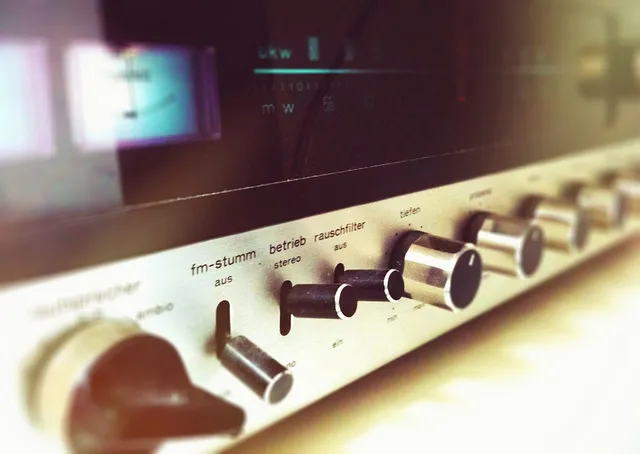
Special Issue
War and violence: the dark side of music
Published
February 15, 2018
One hundred years ago Finland went through the trauma of Civil War. This FMQ Special Feature explores how the eternal theme of war and various forms of violence are reflected in music and on the music scene. How does war manifest itself in Finnish classical music? How does violence appear in our music industry and culture? Can we even recognise it for what it is?
Translation
Featured photo
Olli Kortekangas's opera My Brother's Keeper by Petri Nuutinen.








